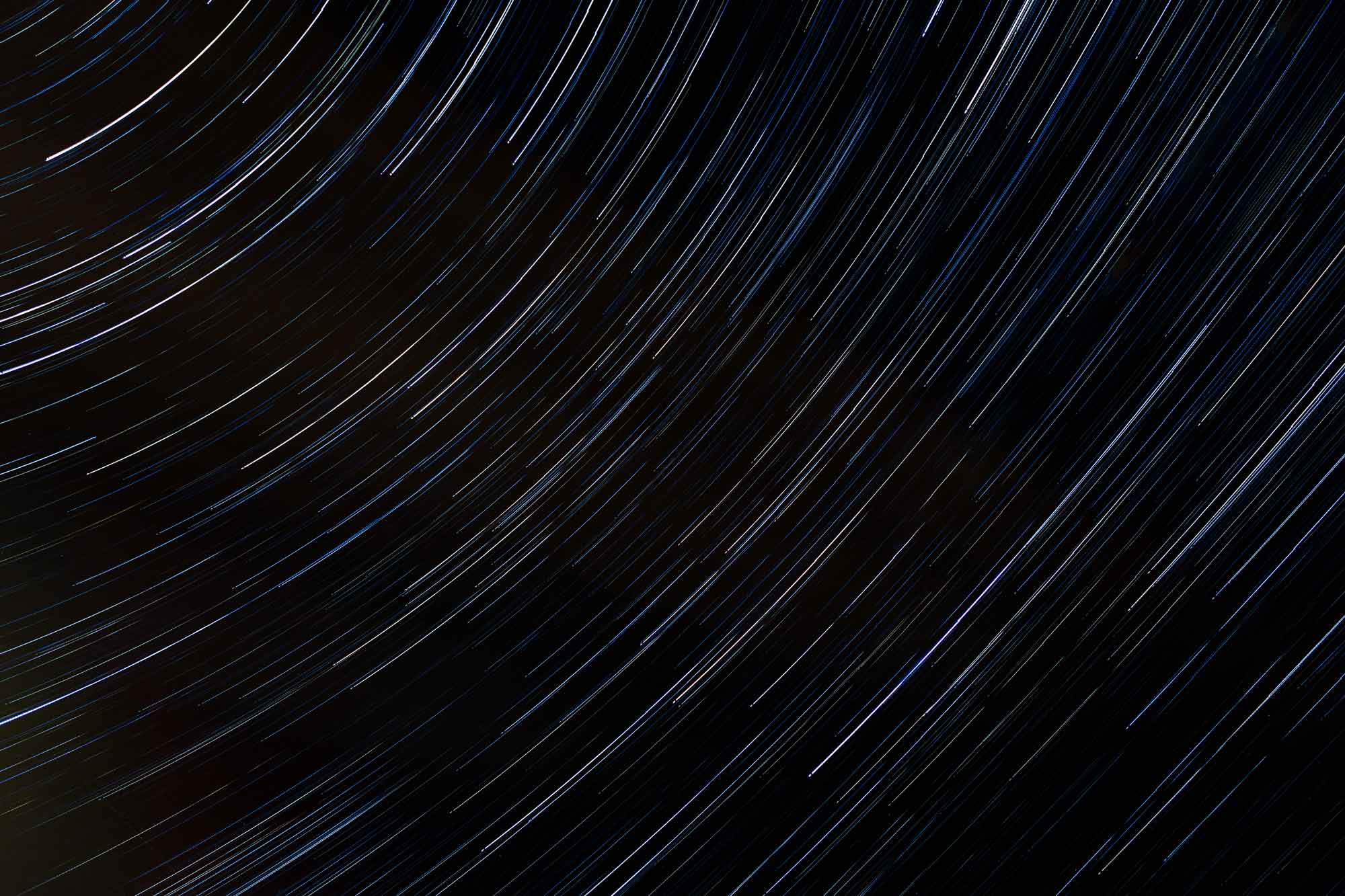Control Your Hard Water
How Bubble Bandit Can Control Your Hard Water.
Water described as “hard” is high in dissolved minerals, specifically calcium and magnesium. Hard water is not a health risk, but a nuisance because of mineral buildup on dishes and poor soap and detergent performance.
As water moves through soil and rock, it dissolves very small amounts of minerals and holds them in solution. Calcium and magnesium dissolved in water are the two most common minerals that make water “hard.” The degree of hardness becomes greater as the calcium and magnesium content increases.
Water is a good solvent and picks up impurities easily. Pure water — tasteless, colorless, and odorless — is often called the universal solvent.
When water is combined with the sodium and phosphates in Bubble Bandit the calcium ions are altered in such a way that they remain in suspension as small particles. This prevents the formation of crystalline deposits (limescale) on your dishes and glassware, creating a sparkling shine instead of white scum and water spots.
Grain per gallon ( GPG ) is a unit of water hardness defined as 1 grain (64.8 milligrams) of calcium carbonate dissolved in 1 US gallon of water. Calcium and magnesium ions present as sulfates, chlorides, carbonates and bicarbonates cause water to be hard. Water chemists
measure water impurities in parts per million (ppm). For understandability, hardness ordinarily is expressed in grains of hardness per gallon of water (GPG).

